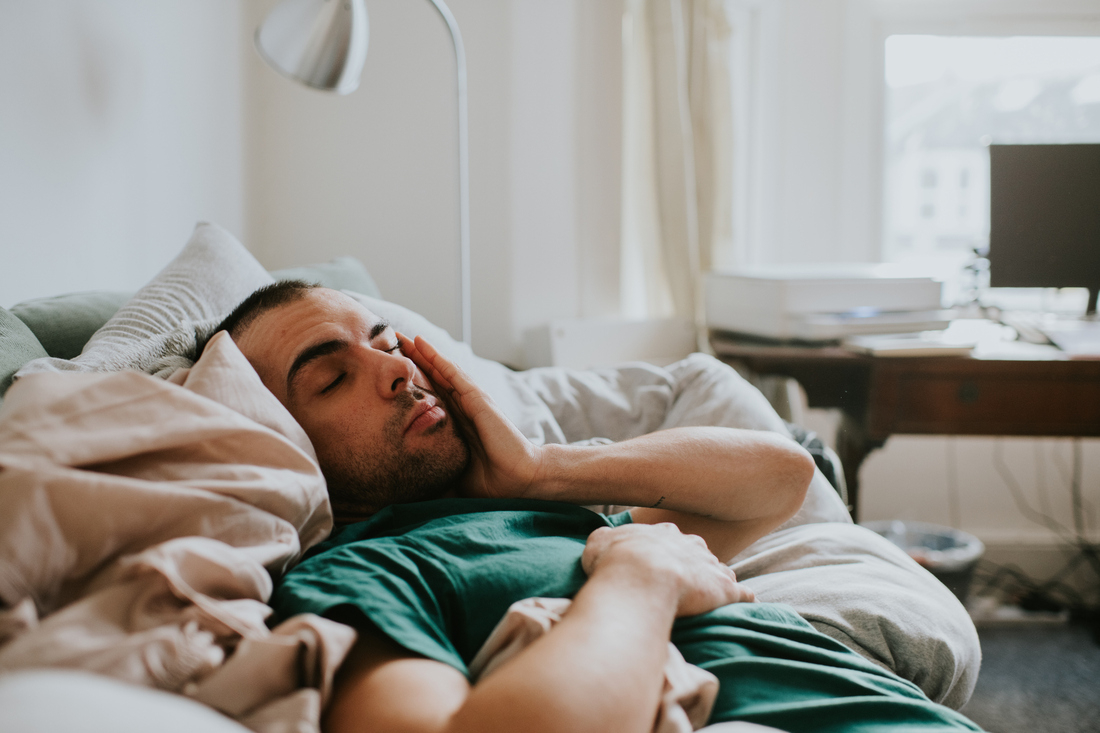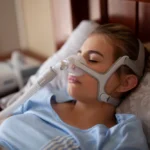Are you consistently logging 7 to 8 hours of sleep each night, only to wake up feeling tired and groggy? Are you asking yourself why do I sleep so much and never feel rested? If so, you may be experiencing the effects of a potentially serious yet treatable condition known as sleep apnea.
Sleep apnea is a prevalent sleep disorder characterized by interruptions in breathing patterns during the night, impeding your body’s ability to obtain the crucial rest it requires. This disruption leads to pronounced daytime fatigue, persistent snoring, diminished cognitive function, and, alarmingly, can contribute to significant heart health complications.
The primary culprit behind sleep apnea is the obstruction or collapse of the airway during sleep, resulting in repeated pauses in breathing. These interruptions can last from a few seconds to minutes and may occur numerous times throughout the night, disrupting the natural sleep cycle and preventing the individual from entering restorative deep sleep stages.
Symptoms of sleep apnea often include chronic daytime exhaustion, even after seemingly sufficient hours of sleep, loud and persistent snoring, abrupt awakenings accompanied by choking or gasping sensations, morning headaches, irritability, and difficulty concentrating during the day.
Left untreated, sleep apnea can have severe consequences on both physical and mental health. Prolonged sleep deprivation increases the risk of accidents, impairs cognitive function, and exacerbates mood disorders such as depression and anxiety.
Furthermore, untreated sleep apnea is associated with an elevated risk of hypertension, stroke, heart disease, and irregular heartbeats (arrhythmias). According to the literature, Obstructive Sleep Apnea increases the risk of heart failure by 140%, the risk of stroke by 60%, and the risk of coronary heart disease by 30%.
Fortunately, sleep apnea is a condition that can be effectively managed with appropriate treatment strategies. Lifestyle changes such as avoiding alcohol and sedatives, creating a consistent sleep routine, quitting smoking, and sleeping on the side instead of the back can help reduce sleep apnea symptoms.
CPAP therapy is a common treatment for sleep apnea. A CPAP machine delivers a constant stream of air through a mask that is worn over the nose or mouth during sleep. The air pressure is set to a level that is just enough to keep the airway open.CPAP therapy can be effective in reducing the number of apneas and improving the quality of sleep.
Dental appliances can also be used to treat sleep apnea. These appliances, which can be worn in the mouth during sleep, reposition the jaw and tongue to help keep the airway open. They can be effective for people with mild to moderate sleep apnea but may not work for everyone.
Surgery is another option for treating sleep apnea. Surgery can be used to remove excess tissue from the airway or to reposition the jaw and tongue, or the tongue alone, to help keep the airway open.
In addition, maintaining a healthier weight is a critical component of sleep care. And there’s a new tool to help: the medication Zepbound, recently approved for adults with both moderate to severe sleep apnea along with obesity. Clinical studies show that Zepbound can significantly reduce the severity of sleep apnea, as well as many of the symptoms, when used with a program of good nutrition and increased physical activity. The effects of Zepbound were the greatest when used along with CPAP, showing the importance of an all-around, holistic approach to sleep apnea treatment.
Everyone is different – there’s no one size fits all for sleep apnea treatment! So the best treatment option for you will depend on the severity of your sleep concerns, your overall health, and your personal preferences.
Register as a new Ognomy patient here, or install the app from the Appstore or Google Play.
By addressing sleep apnea effectively, you can significantly improve your quality of life, reduce the risk of associated health complications, and enjoy restful, rejuvenating sleep once again.













